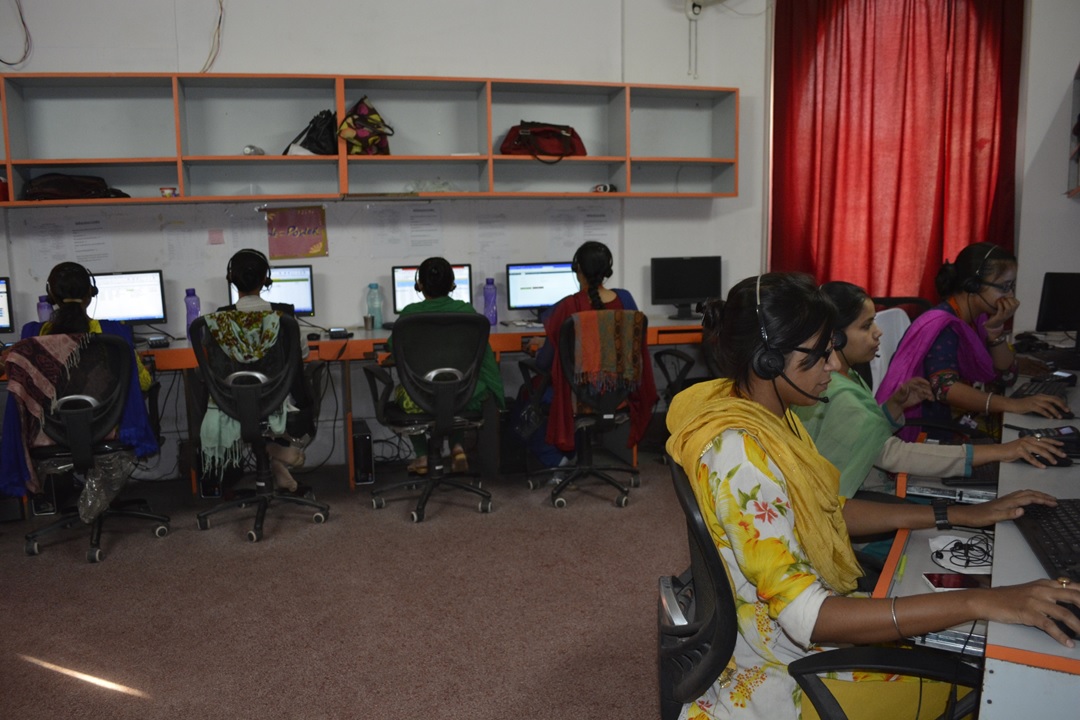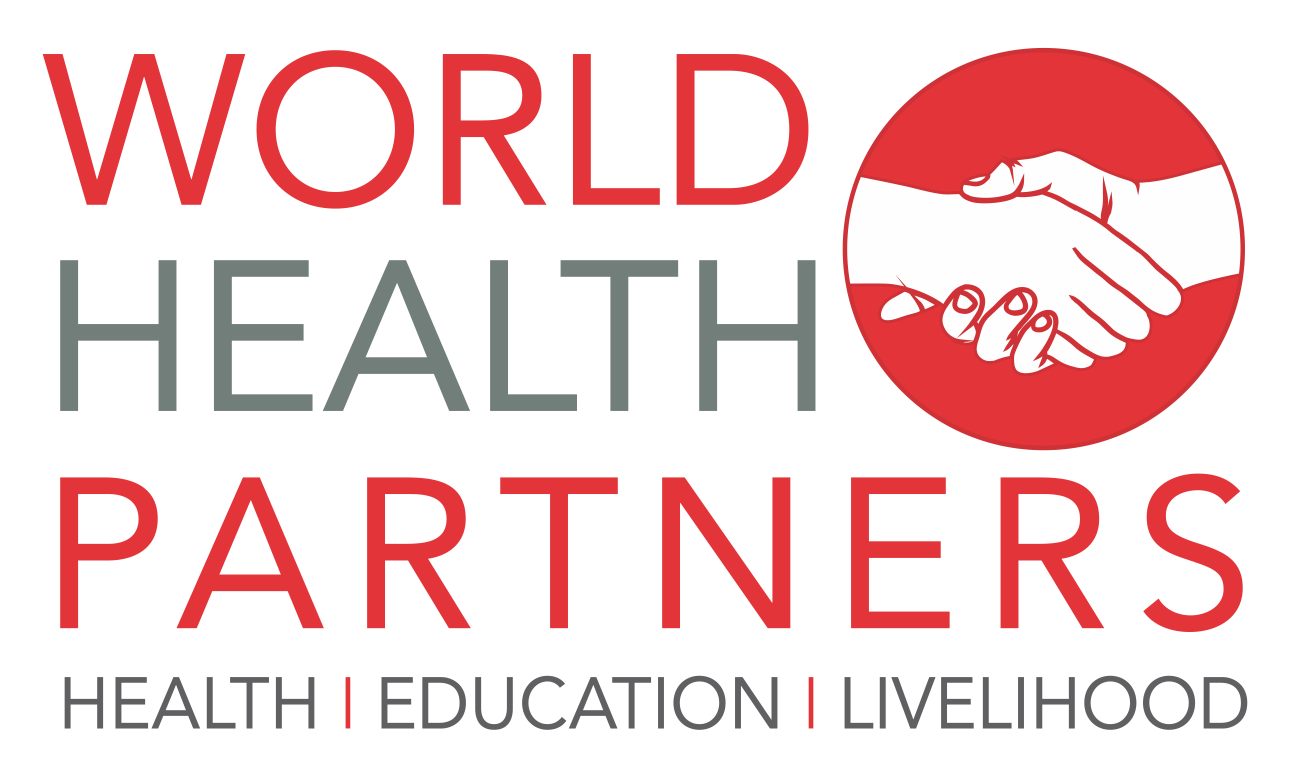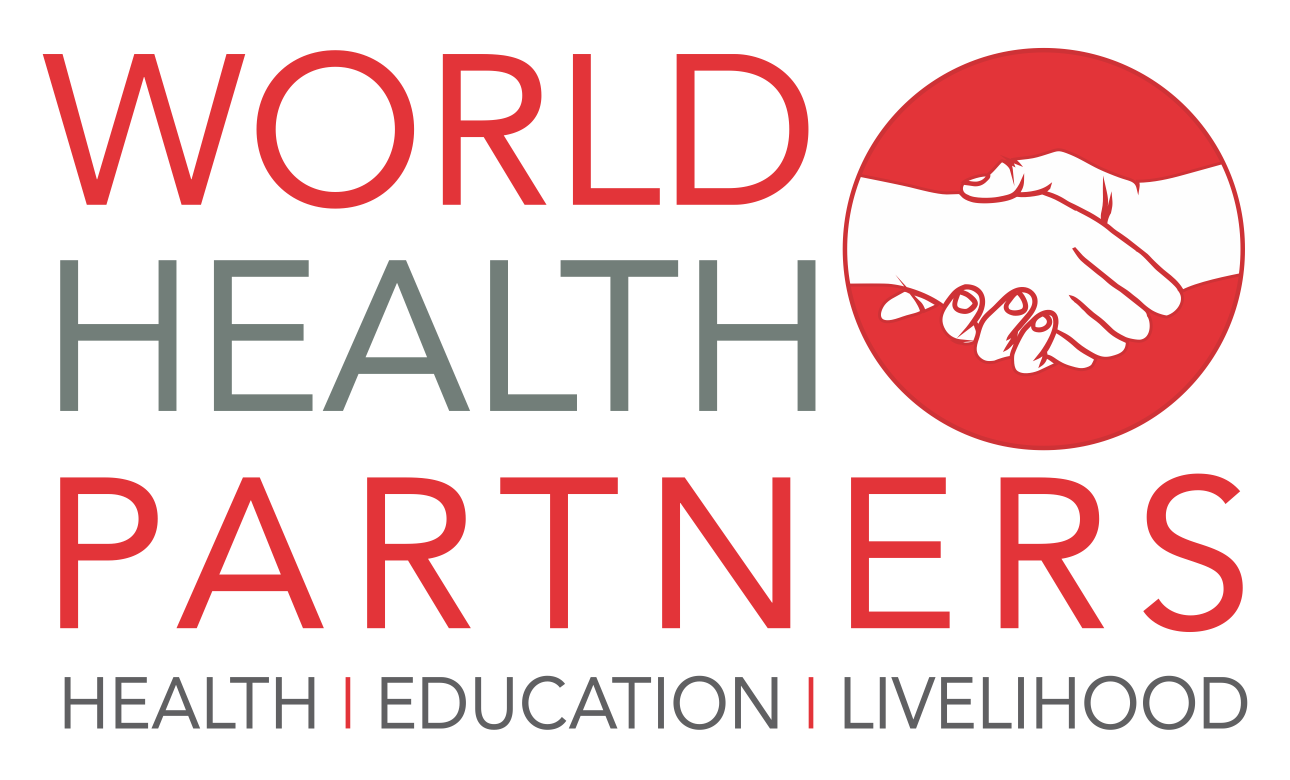Comprehensively Address Mental Health (CAMH)
Issues due to COVID-19 Pandemic

The unprecedented public health emergency due to the global pandemic continues to put millions of lives at risk. India is the third worst COVID-19-affected country, in terms of the death rate, and has more than 40 million cases as on February 10, 2022. COVID-19 crisis is having a significant impact on the mental health of people. Grief, fear, uncertainty, and social isolation have negatively affected the mental health of millions across all age groups thereby further accentuating the detrimental impact of the pandemic on people’s lives. Negative consequences such as loss of jobs, economic vulnerabilities, and psychological trauma resulting from isolation and loneliness, particularly among COVID positive patients and affected families, is resulting in serious psychological and socially disruptive ramifications that also includes a surge in gender-based violence (GBV).
To effectively deal with these emerging psycho-social issues, World Health Partners (WHP) is implementing “Comprehensively Address Mental Health (CAMH) Issues during COVID-19 Pandemic” project, with support from USAID. CAMH aims to address the rising psycho-social issues among people and communities in the post-COVID situation. It focuses on early screening and management of MH challenges as well as sensitization on gender-based violence (GBV) issues through community outreach, counselling support and referral care. Technology based health solutions through teleconsultation constitutes the core of this comprehensive mental health intervention program. In addition, the project also provides physical follow-up services, establishes linkages for timely referral for enhanced care, and institutionalizes mental health services in three high burden states of India - Gujarat, Jharkhand and Delhi.
While the COVID-19 pandemic and lockdown has made a large cross-section of population vulnerable, the vulnerability of some sections of the population, such as transgender, sex workers, acid-attack survivors, People Living with HIV (PLHIV) remain uncounted, invisible, and stigmatised. Through a hybrid model of healthcare delivery, having online and offline components, WHP is also striving to create a robust community based safety net for extremely vulnerable groups to protect them from COVID-19 induced mental, physical and social challenges. Providing linkages with various social protection schemes to mitigate the financial burden of COVID-affected families and extending financial support to BPL community members to avail institutional treatment facility for moderate and severe mental health symptoms are other key highlights of the intervention.
During the intervention period, CAMH project reached 1,75,326 households and covered an estimated 5,41,407 population through household visits and calls received on the helpline number. Also, 62,700 persons were motivated for COVID-19 vaccination by addressing their vaccine hesitancy. Through household visits and online interactions, 4,77,292 persons were screened, using the Patient Health Questionnaire (PHQ-4) tool, and 35,212 were identified with varying levels of mental health issues and home-based counselling, online counselling support or referral support has been provided to them. It includes 15,713 COVID affected people and 4,883 family members of COVID survivors. Counselling has also been provided to 2,309 Gender Based Violence (GBV) affected individuals and 702 have been referred to partner organisations for further support. During the project period, WHP’s Centralized Control Centre (CCC) received 72,737 missed Calls, resulting in identification of 6,333 people with various mental health issues.
WHP welcomes the opportunity to collaborate to implement this commitment.
Partner with Us

